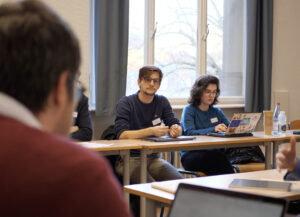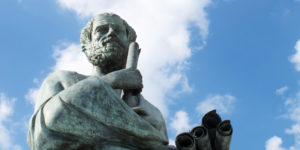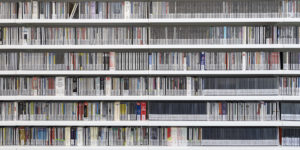Warm congratulations to Niklas Kniebühler, a Comparative Modern History student at the University of Freiburg (UFR), and Dominika Marciniak, an education specialist at Poznań Heritage Centre, on their recently published joint article in Historyka. Studia Metodologiczne.
Their co-authored article, titled “Between a ‘bleeding’ frontier and a ‘greening’ border: Recurring nature around the Polish-German interwar border in Upper Silesia (1921-1939)” explores environmental perspectives on the shifting Polish-German borderlands during the interwar period.
EPICUR, where it all started!
This article was born out of the EPICUR seminar “Borderlands and Migrations in 19th and 20th Century Central Europe from an Environmental History Perspective”, held during the winter semester 2022/23. The seminar was jointly organized by Prof. Dr. Małgorzata Praczyk (AMU), Prof. Dr. Melanie Arndt (UFR), and Lena Krause (UFR), offering students from across Europe the chance to explore transnational environmental history topics through collaborative learning and research.
Originally submitted as a seminar term paper, the article evolved into a full publication thanks to the continued guidance and encouragement of the seminar organizers and academic supervisors. With their support, Niklas and Dominika revised their work and submitted it to Historyka, a peer-reviewed journal published by the Polish Academy of Sciences and the Institute of History at the Jagiellonian University. The journal specializes in the theory of history, historical methodology, and historiography.
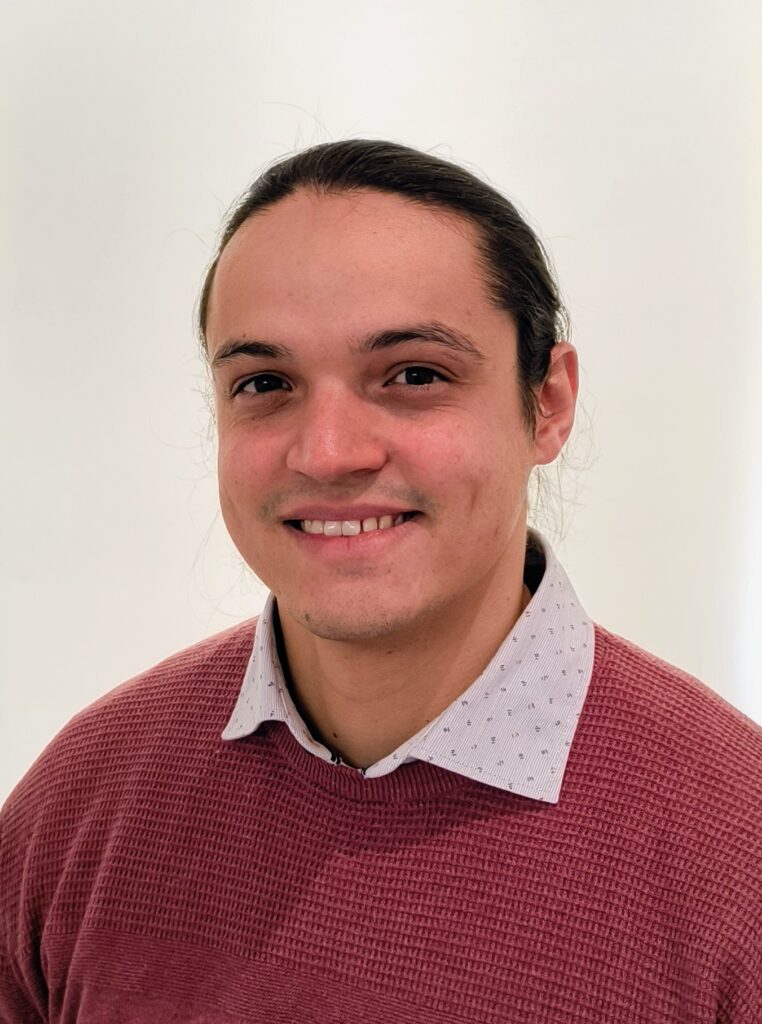
Reflecting on the experience, Niklas Kniebühler shares:
“The EPICUR program was crucial for the creation of our article. Without this opportunity and the guidance of our professors, we probably would never have met or collaborated academically.”
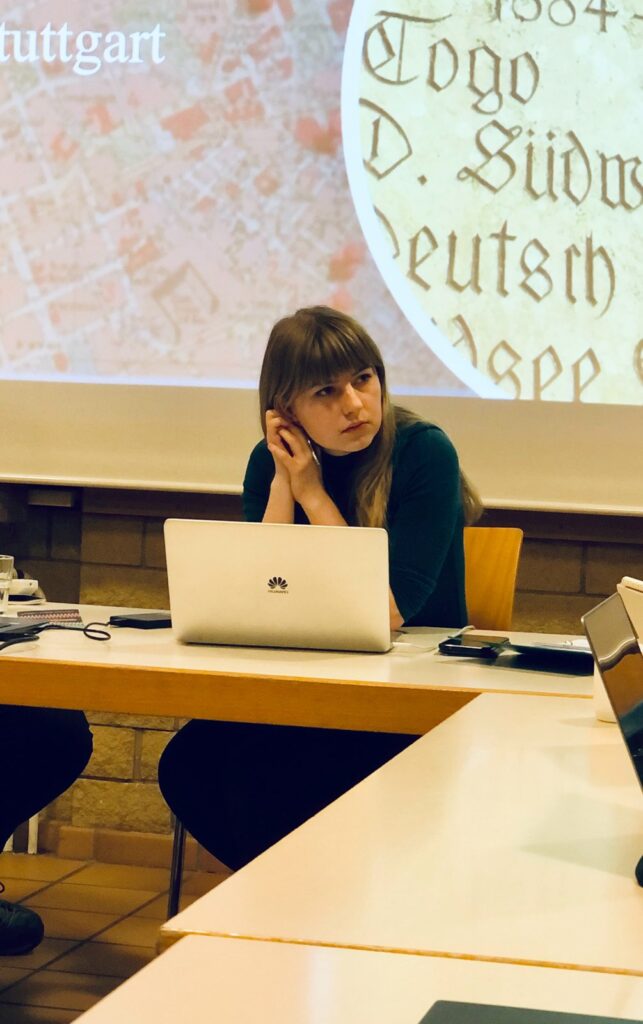
Dominika Marciniak adds:
“I was among the first history students to attend EPICUR seminars, especially the hybrid ones, and was truly impressed by the high level of the student group. It became one of my most valuable academic experiences. The program taught me a lot—especially how environmental history is approached in other countries. Writing the article in a foreign language and as part of a team was a real challenge at that stage of my studies, and I couldn’t have done it without Niklas’ knowledge, dedication, and constant support.”
What’s next?
Currently, Niklas is working on his Master’s thesis on 19th-century railway projects in the Kaiserstuhl region, under the supervision of Prof. Dr. Melanie Arndt. Dominika, who studied history with a specialization in teaching at Adam Mickiewicz University (AMU), now works in the field of cultural education in Poznań.
We wholeheartedly congratulate Niklas and Dominika on this academic achievement. Their work is a shining example of the collaborative, cross-border spirit that lies at the heart of EPICUR.
Photo source: Sandra Meyndt, Niklas Kniebühler, Małgorzata Praczyk


